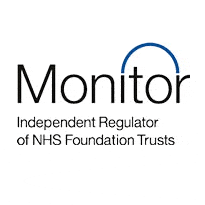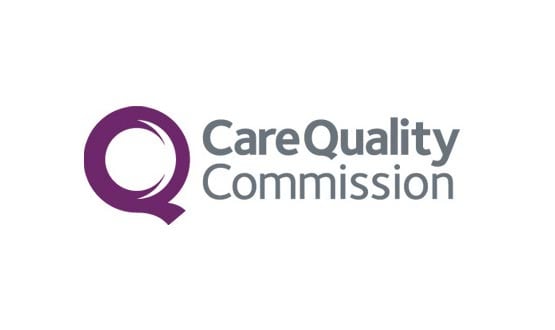Monitor warns on FT finances
- 22 August 2012

NHS foundation trusts are falling behind with their cost improvement plans and will find their finances under even greater strain as clinical commissioners start work this year, the sector’s regulator has said.
In its annual review of NHS foundation trust plans, Monitor says that, as a sector, foundation trusts are doing well enough financially to avoid immediate problems.
However, it says that some trusts, particularly “medium-sized district general hospitals, trusts with significant private finance initiatives, and those located in challenged local health economies” are under pressure.
South London Healthcare NHS Trust became the first NHS organisation to be put into administration in July, after running into problems related, in part, to a PFI that takes up 14% of its income.
But 20 foundation trusts are in breach of their authorisation from Monitor because they are facing financial problems. Monitor says that over the next three years, it expects “an increasing number of individual trusts” to follow suit.
The regulator also warns that the whole sector’s finances will be “weaker” by the end of 2015, when the ‘Nicholson challenge’ for the NHS to find £20 billion of efficiency savings through quality, innovation, productivity and prevention initiatives runs out, and the NHS enters another four years of austerity.
Monitor says foundation trusts are focusing on cost improvement programmes over the period of the Nicholson challenge, and that if these are delivered 20% will have been removed from their cost base by 2015.
However, it warns that while foundation trusts are planning for CIP savings of between 4.1% and 4.3% this year, their plans are now falling below the level of savings required, which is 4.5% to 5%. It also notes that trusts tend to be overly optimistic about their chances of delivering their plans.
Echoing concerns expressed by financial experts at senior managers over the summer, Monitor also warns that CIPs – which focus on the productivity part of QIPP – will not be enough in the longer term.
It says trusts will need to make “significant changes” in the way they work to avoid lengthening waiting lists and other cuts in service quality.
It says that doing this as clinical commissioning gets under way will be difficult, as emerging clinical commissioning groups appear to be more focused on reducing the amount of activity they pay for than reducing demand for it, at least in the short term.
In effect, Monitor warns that CCGs refuse to pay for more activity, for example because they have longer-term plans to provide more care outside hospitals, but patients turn up in hospital anyway, trusts will make less money from the treatment they carry out, or even provide it at a loss.
“Our review of plans suggests that trusts believe CCGs will have a large, one-off impact in reducing activity in 2013-14,” the report says.
“This contrasts with patterns of growth in acute activity seen in recent years (4.5% per year), which suggests foundation trusts believe CCGs will be more effective in delivering demand management initiatives and moving activity out of the hospital setting.
“However, we believe it is questionable whether CCGs will be able to improve demand management significantly in their first year of operation. Our experience of reviewing trusts’ plans tells us that when they are faced with demand substantially above planned levels, they have been unable to deliver the additional work profitably.”




